Wagner: Siegfried (Haenchen)
Introduction
The third part of Wagner`s epic cycle of music dramas, produced by Pierre Audi, and performed at Het musiektheater, Amsterdam in 1999.
(The following description is unashamedly stolen from my review of another Siegfried elsewhere on the site)
Act 1 introduces us to the eponymous hero for the first time in the cycle. He is the offspring of the incestuous relationship between Siegmund and Sieglinde, a brother and sister who themselves were born to an earthly woman, but fathered by the war god Wotan.
Siegfried is being `looked after` by the dwarf Mime in a foundry but has not learned anything of the forge himself, preferring to wander around the woods enjoying nature and hunting. He despises Mime anyway, as he firstly believes he`s his father but cannot see any resemblance between them. Eventually, he persuades the dwarf to reveal who he really is, and is shown the fragments of the sword which his father owned when he died.
Wotan appears (known as `The Wanderer`) and he and Mime riddle each other about life, the universe and everything. Mime fails to answer the god`s question which asked who would kill the dragon which guards the Ring that gives all-conquering power to the owner. The answer is the man who knows no fear (Siegfried). Eventually, Siegfried melts down the pieces of the broken sword and forges himself `Notung`, an even stronger weapon than the one first created by Wotan.
Act 2 takes place outside the dragon`s cave (the dragon being the transformed giant, Fafner, seen in `Das Rheingold`). The Wanderer and Alberich (Mime`s brother, and the first `owner` of the Ring) discuss the chances of the treasure`s recovery when Siegfried appears and the dragon wakes up, to be (fairly) swiftly despatched by his sword. Siegfried tastes the dragon`s blood and can suddenly understand the song that a bird has been singing to him. It tells him of the Ring, and various other treasures within the cave, of a warrior maiden (Brünnhilde) fast asleep on a mountain surrounded by fire, and also about Mime`s plot to kill him and take the treasure himself. Mime is similarly despatched.
Siegfried goes in search of Brünnhilde.
Act 3 takes place by, and on Brünnhilde`s mountain, where The Wanderer makes one last effort in preventing Siegfried from reaching her (although he knows he will fail). Siegfried shatters Wotan`s spear, destroying the god`s power, and makes his way up the mountain and through the firewall (easy to do with the right software I suppose).
He sees Brünnhilde lying there in her armour, and immediately falls in love with her once it has been removed and he realises she`s the woman he has been looking for. Brünnhilde at first tries to fight against the loss of her power and immortality but quickly succombs to Siegfried`s passion.

Video
A very clean region-free NTSC 16:9 anamorphic transfer. As with the other operas, this production is another which takes the stage and stretches it around the orchestra. Despite the fact that we don`t obviously get the full effect of this, the cameras are able to become more intimate with the performers and concentrate on the action without being distracted by the orchestra and the conductor. However, in some scenes, Haenchen is so prominent, it seems as if he is taking part in the drama himself.
In general, the lighting is fairly subtle, leaving much of the stage in darkness, but again, there are no problems in reproducing this for the DVD, although the prominent greenish hues make everyone look a little seasick.
Costumes, designed by Eiko Ishioka, are quite striking, and almost certainly have some form of Japanese influence judging by Siegfried`s pseudo-Samurai look.
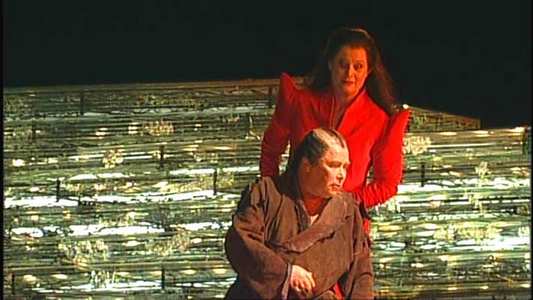
Audio
The sound, presented in DTS or Stereo is wonderfully vivid, with only a few balance problems between orchestra and singers, but this is almost unavoidable due to the stage design and the fact that it`s a live performance.
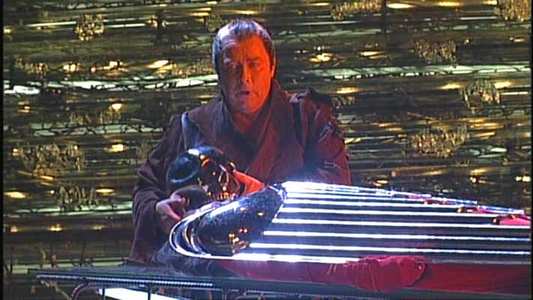
Features
Again, the main extra is a very earnest 40 minute discussion on the musical ideas in the opera, together with some historical background. We have more examples of Wagner`s music on the piano from Stefan Mickisch (all played from memory) and rather a lot of thoughtful chin-stroking from the presenter, Michaël Zeeman. This is also a very frank discussion, in which the composer Peter-Jan Wagemans quite openly states that Heinz Kruse (Siegfried) is the most disappointing aspect of this production.
In addition, there are the usual subtitles in various languages, and a short essay by Klaus Bertisch on the opera in the accompanying booklet.
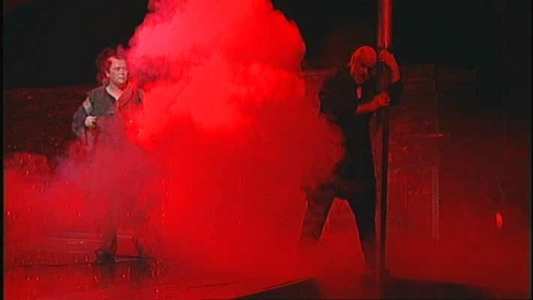
Conclusion
In the main documentary which came along with `Das Rheingold`, Jeannine Altmeyer (Brünnhilde) says that in many Ring Cycles, "..the Siegfrieds are all shouting, and then their voices go, and it`s all downhill from there".
I`m quite pleased to say that this isn`t the case here. Heinz Kruse is, vocally, a very good Siegfried, with an impressive depth to his voice in all ranges. The problem is that his acting is particularly wooden, and this is precisely what Peter-Jan Wagemans complains of in the extras. It`s possible that he was just being very careful to keep an eye on the various monitors dotted around the set to keep an eye on the conductor, but even when the orchestra is in full view, we don`t get much more characterisation.
This is a shame, as the rest of the cast seem to manage with the unusual staging very well indeed, especially Graham Clark (Mime), who is fantastic in the role yet again.
John Bröcheler (The Wanderer) continues his fine interpretation of the chief of the Gods heading inevitably to his doom, and Jeannine Altmeyer is highly effective, even though she only appears toward the end, almost overshadowing Kruse, who is appearing a little tired by the time the love duet comes along.
I`m not sure why it was decided to have a boy singing the part of the woodbird, but Stefan Pangratz does a good job, despite a few wayward moments.
Hartmut Haenchen (conducting the brilliant Rotterdam Philharmonic) conducts with some brisk tempi, but still leaves time for the music to breathe where necessary, and the Act III prelude has quite an effect in DTS when you turn the volume up - as I`m sure my neighbours will testify.
Overall, another successful episode from the Amsterdam Ring, and one which is a definite improvement on the Siegfried from Barcelona (also reviewed). I`m looking forward to the final chapter.
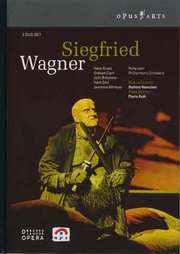
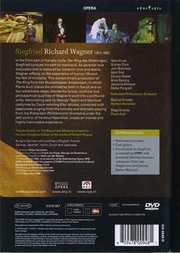
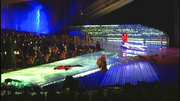



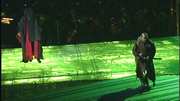
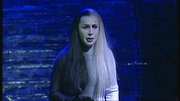
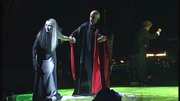
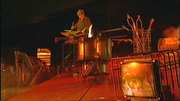
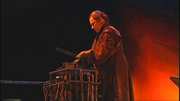
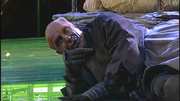
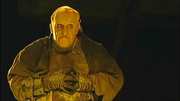
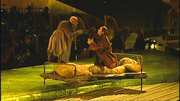
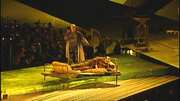
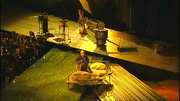
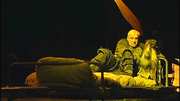
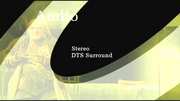
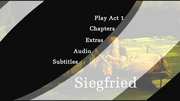






























Your Opinions and Comments
Be the first to post a comment!